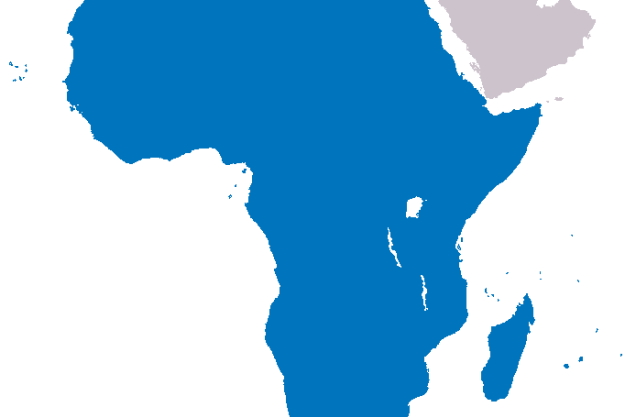
A sub-regional training course for customs authorities in East and Southern Africa on technical aspects of the transfers’ regime of the Chemical Weapons Convention took place in Dar-es-Salaam, Tanzania from 2 to 4 March 2009.
The training is the first of its kind in Africa to offer comprehensive information on these issues and was conducted as part of the OPCW’s Programme to Strengthen Cooperation with Africa with partial funding from voluntary contributions by the Kingdom of the Netherlands and the Kingdom of Norway. It was attended by 49 participants from 20 States Parties* as well as two participants from Angola, one of the nine remaining States not Party to the Convention.
The course offered an overview of the Convention and the OPCW, rights and obligations of States Parties, role of National Authorities, and need for effective interaction with stakeholders. The agenda covered the identification of chemicals relevant to the Convention, including current recommendations of the World Customs Organization on identifying Scheduled chemicals in the Harmonised System, as well as potential changes to that system and those recommendations.
The course also familiarized participants with relevant information sources for customs officials and laboratories, including the Handbook on Chemicals, OPCW Central Analytical Database and other useful databases. Discussions were held on discrepancies in the reporting of transfers of Scheduled chemicals and practical customs-related matters like control of Scheduled chemicals in free ports and free zones, risk assessment, trans-shipments, and software for customs services.
The training offered participants information on practical ways to implement the Convention’s provisions and to eliminate discrepancies between quantities of Scheduled chemicals declared by importing and exporting States Parties in respect of the same transfers. Practical exercises and group discussions enhanced participants’ capacity for effectively tracking the import and export of Scheduled chemicals. The course also provided an opportunity for participating customs authorities to share information about their efforts in implementing the provisions of the transfers’ regime and to learn from each other’s best practices.
* Burundi, Comoros, DR Congo, Djibouti, Eritrea, Ethiopia, Kenya, Madagascar, Malawi, Mozambique, Namibia, Rwanda, Seychelles, South Africa, Sudan, Swaziland, Tanzania, Uganda, Zambia and Zimbabwe
OPCW News 09/2009
